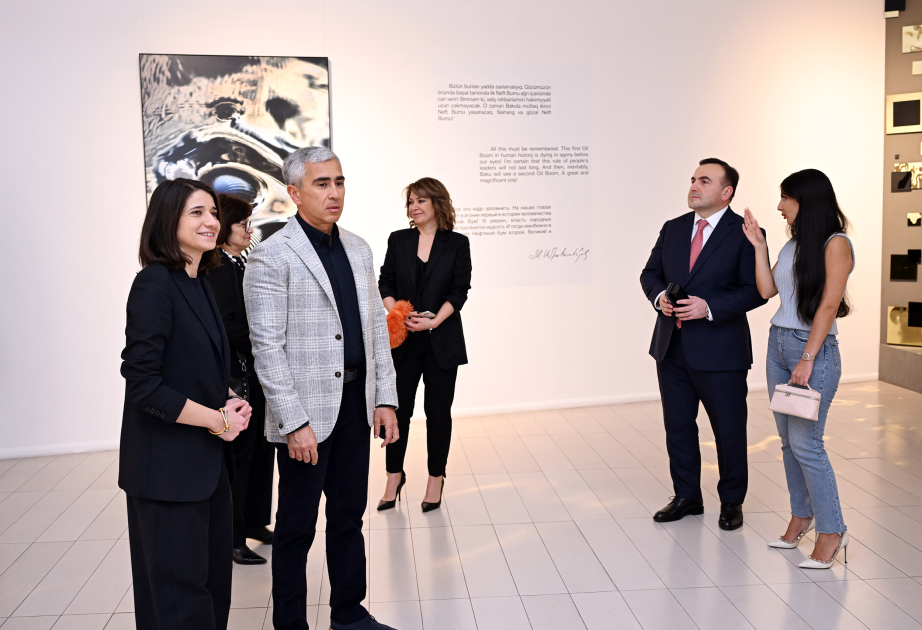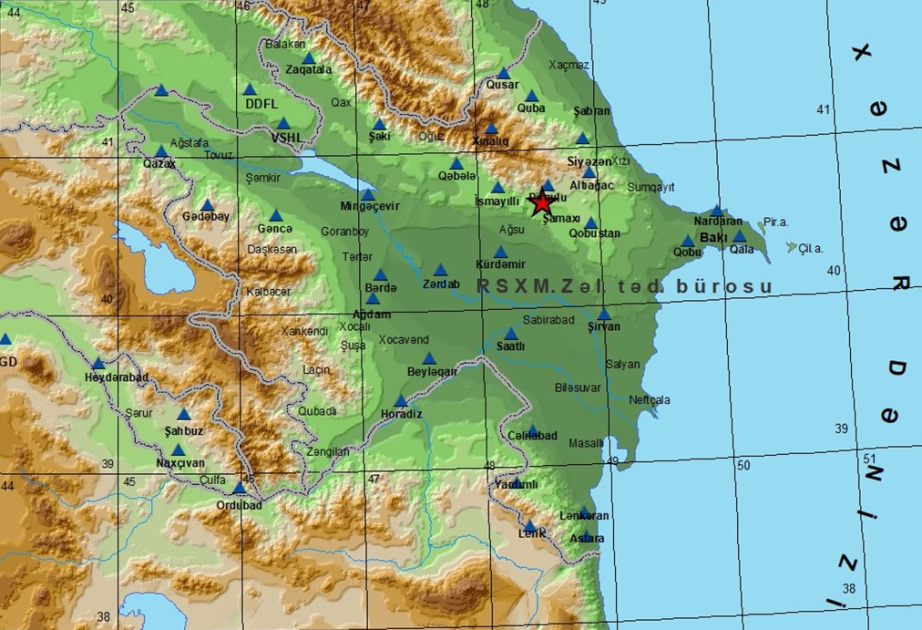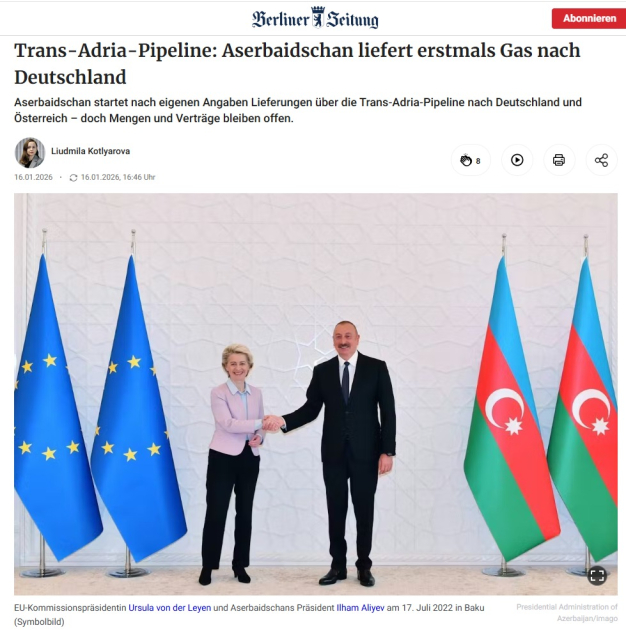ByDANA VALERO
What we eat starting in our fifties is already linked to our health in old age. Also – what should our diet or that of our loved ones look like during old age itself?
A large-scale study recently published in the scientific journal Nature Medicine examined the link between diet and aging. The study was based on data from two of the world’s largest health studies: The Nurses’ Health Study (NHS) and the Health Professionals Follow-up Study (HPFS). Participants in these studies regularly fill out health and lifestyle questionnaires, allowing researchers to examine how daily choices—such as what to eat, what type of physical activity to do, and more—affect the risk of chronic diseases as well as healthy aging.
The study followed 105,000 men and women aged 40–70 over the course of three decades. The goal was to examine the connection between long-term adherence to one of eight different types of healthy diets and the consumption of processed foods in relation to healthy aging.
The diet found to be most strongly associated with healthy aging (normal physical, mental, and cognitive function, without significant chronic diseases) was the AHEI – Alternative Healthy Eating Index. This diet was developed to assess diet quality based on foods and nutrients associated with reduced risk of chronic diseases. This eating pattern, like the other healthy diets examined in the study, is based on plant-based foods.
The AHEI differs from other diets in that, alongside emphasizing the foods that are important to consume, it also highlights those that should be reduced – processed meat, salt, and sugary drinks. The broad common denominator among all the healthy diets studied reinforces the understanding that shared nutritional principles, rather than the diet name itself, are what contribute to healthy aging. It is possible to maintain these principles over time if applied flexibly and in a personalized manner.
Professionals in the field understand the dual need: Both to start preparing early for old age and to make adjustments during old age itself. Just like we save for retirement, it’s important to also invest in building functional reserves—muscle mass and bone density, normal cognitive function, and immune resilience. A meaningful functional reserve will help support optimal aging with maximum independence and vitality and minimal dependence. The World Health Organization discusses this often, and here in Israel, there is significant activity on the subject as well.











